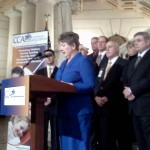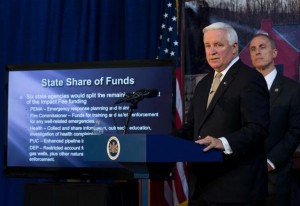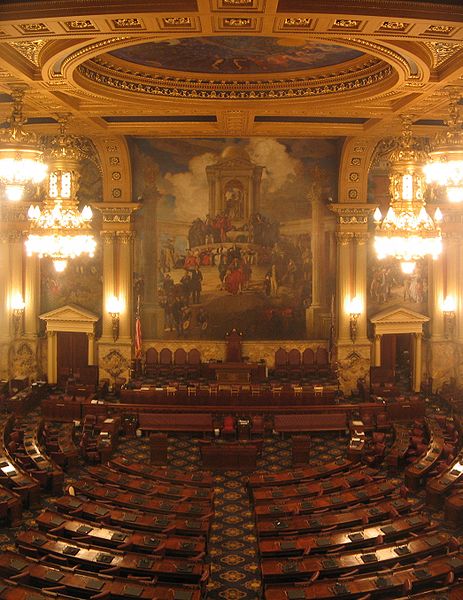Budget Plan Would Consolidate Human Services Funding into Block Grants
The governor’s proposed budget takes a new approach to human services funding by lumping seven separate line items into a single block grant. “The innovation will give the counties the flexibility they need to identify their most pressing needs, and apply funds as they know best,” Corbett said during Tuesday’s budget speech.
The increased flexibility is welcome news to the County Commissioners Association of Pennsylvania (CCAP), which has identified human services funding as its top legislative priority. “Counties not only know what programs and services are needed at the local level, but also how they can be most effectively managed while keeping unnecessary costs to a minimum,” says CCAP President Jo Ellen Litz of Lebanon County.
While combining these seven line items the Corbett administration would cut about 20%, or $168-million dollars. “So they’re going to have perhaps more flexibility, but somewhat less money,” says House Democratic Appropriations Chair Joe Markosek (D-Westmoreland). “Over time, generally speaking, block grants go down not up.”
But counties are used to human services funding cuts. In fact, the next budget is poised to be the 10th consecutive spending plan that cuts state aid for the human services counties deliver. “Although there is an overall reduction in the monetary amount that counties will be receiving for human services, we also think that the administrative savings that we realize will offset and mitigate that impact this year,” says Somerset County Commissioner Pamela Tokar-Ickes, who chairs CCAP’s Human Services Committee.
The seven appropriations that are being proposed for block grant consolidation are: Mental Health Services; Intellectual Disabilities; County Child Welfare Special Grants; Behavioral Health Services, Homeless Assistance Program; Human Services Development Fund, and Act 152 Drug and Alcohol Program.






